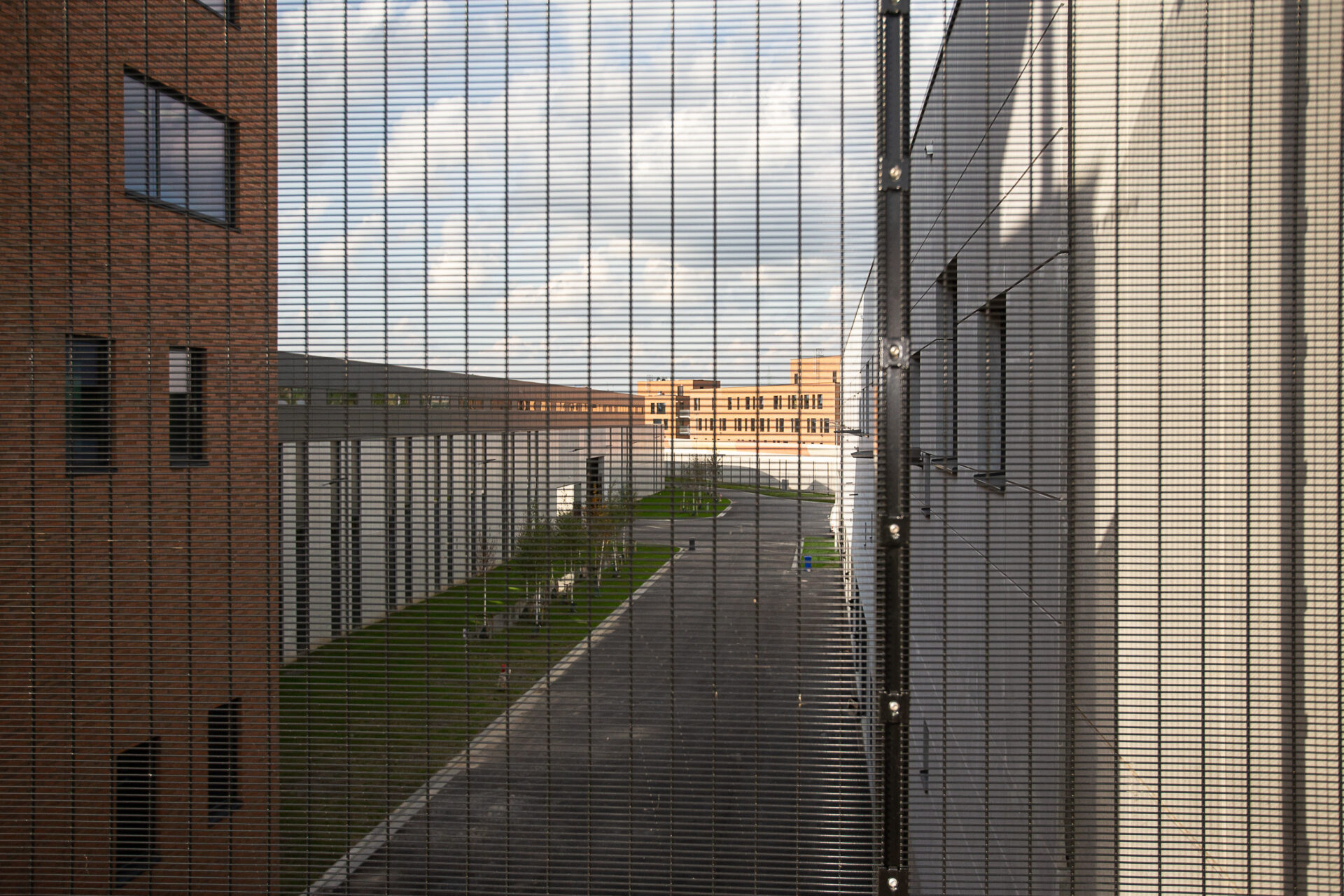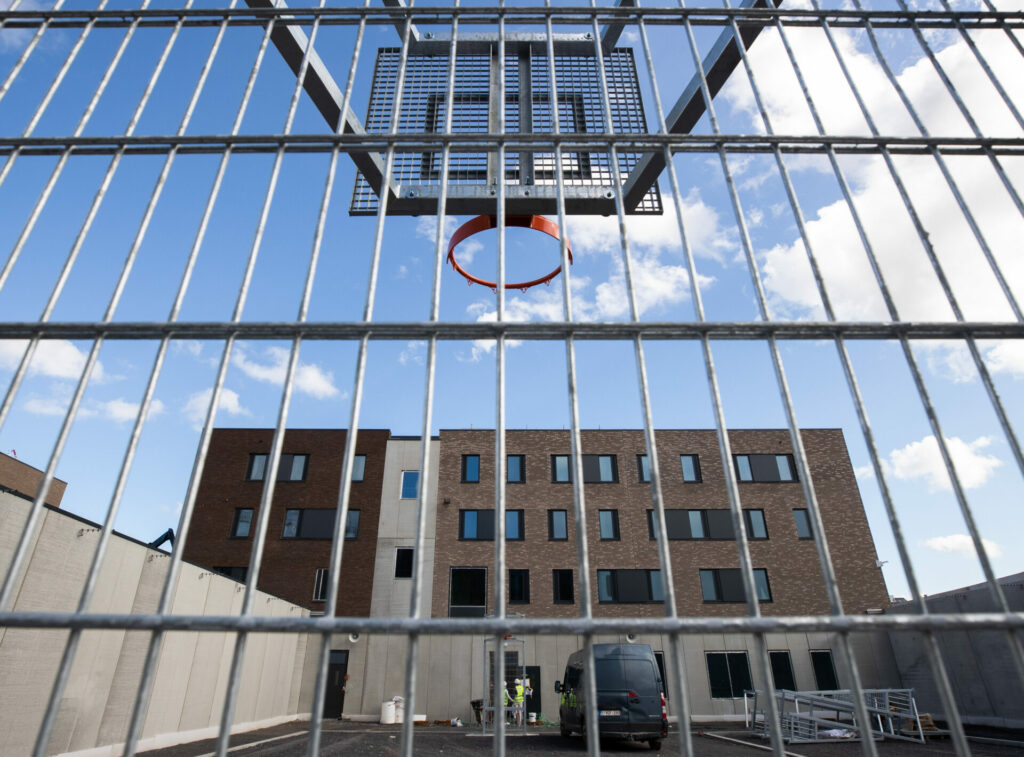The Haren mega-prison was sold as a more humane detention centre to combat overcrowding. One year on, it has failed to live up to expectations.
Belgium’s prisons are some of the most overcrowded in Europe, with 11,326 prisoners being held in a system with a capacity for just 9,752 inmates. The State has stepped up efforts to combat overcrowding, including a scheme to reduce prisoners' sentences and the opening of new prisons.
This included the Haren prison – the largest in Belgium located just outside Brussels, which was prematurely opened in the autumn of 2022. It was hailed as the prison of the future, replacing the severely outdated prisons of Forest, Saint-Gilles and Berkendael. Its aim was also to tackle overcrowding and the deteriorating conditions that came with it.
However, this image was quickly overshadowed by criticism of its inhumane conditions with the Belgian Human Rights League calling it a "toxic mega-prison".
Expensive and isolating
One year on, activist groups and university researchers drew up a report card of the prison. The overall results are scathing, going so far as to call it a wasted investment. The prison is a public-private partnership, meaning the Belgian state must pay €25 million a year for it to be run.
The building itself should be an improvement: it is new and each detainee has a private bathroom. Prisoners have more freedom with their time and the overall living standard should be considerably better than in other penitentiaries.
But in reality, prisoners have become isolated because they have less human contact. There is also loneliness among staff, for which there are chronic shortages – a problem not unique to Haren: staff across the country went on a 48-hour strike in September to protest against the "inhumane" conditions in which people have to work.

Credit: Belga / James Arthur Gekiere
The prison administration is reportedly in the middle of recruiting detention escorts for Haren while the Ministry of Justice has launched more widespread campaigns to boost the recruitment of prison staff.
But new staff are still not adequately supervised and often have to start working before they have received their training in Haren. This means they struggle with the technology used here, resulting in prisoners having to explain to some staff themselves how to open the door of their cell.
In the meantime, jailers, medical staff and board members in Haren are resigning on an ongoing basis.
Overcrowding continues
Lawyer Juliette Moreau of the Observatoire International des Prisons (OIP) told BRUZZ that the prison has not dealt with the issue of prison overcrowding. Her explanation is simple: "If there is more space to lock up prisoners, there will only be more prisoners."
Rules implemented by former Justice Minister Vincent Van Quickenborne have increased the pressure: sentences between two and three years have been enforced since September last year and since September 2023 sentences between six months and two years must also be served. The result is a greater strain on prison capacity.
The OIP has repeatedly argued that replacing the prison system with a different kind of justice that is more recovery-oriented is the only way out of this crisis.
Moreau concluded that the prison should never have been built, "but it's too late for that. The government still has a 25-year contract running with private partners."

